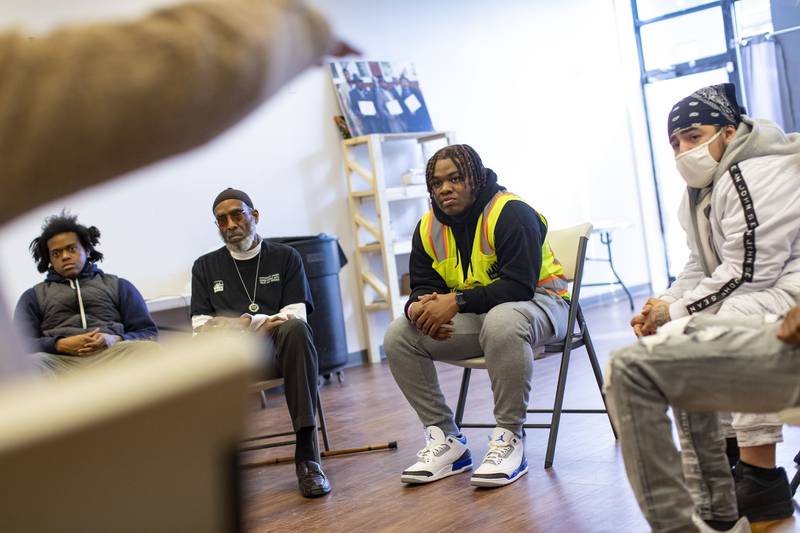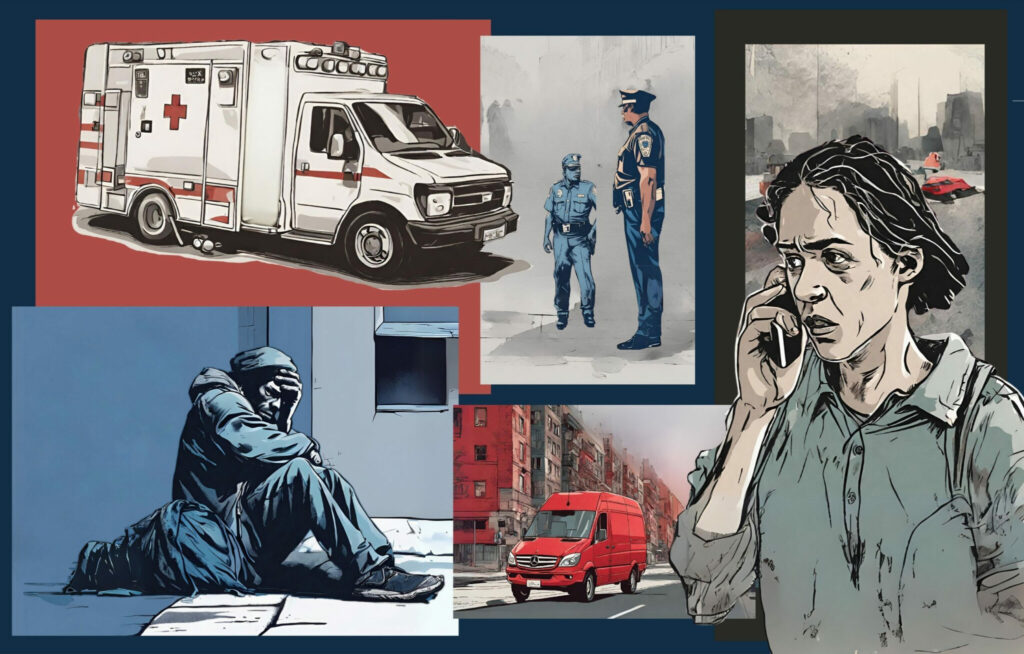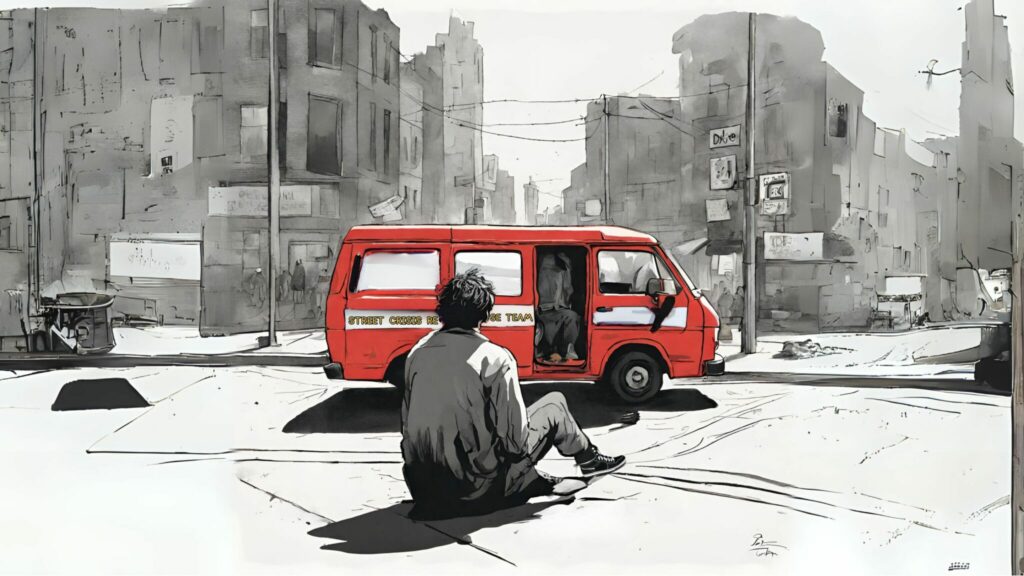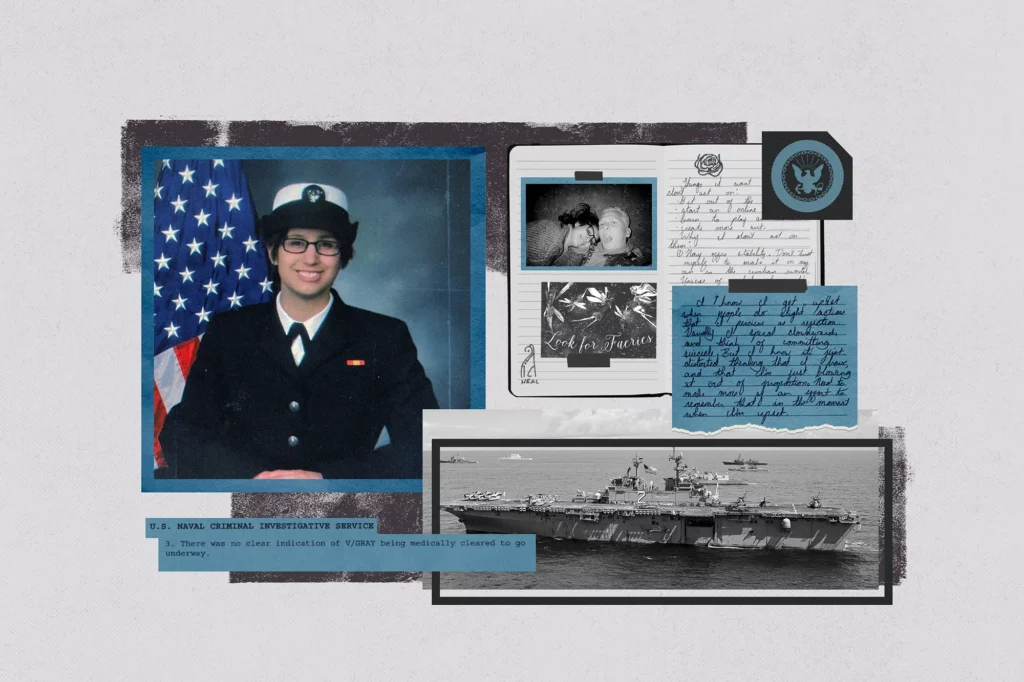In a pandemic, people might know they need food or housing. But how do you help them realize they also need therapy?

Chicago Tribune, March 30, 2022, By Alison Bowen: As the pandemic wore on, Kayode Martin felt stuck.
He’d graduated virtually, a high school senior when COVID-19 arrived in Chicago. A year later, in 2021, he was working at a store but struggling to find a routine that felt on good footing.
When his grandfather told him about a construction training program at the Inner-City Muslim Action Network, he applied. During the intake process, a social worker there also suggested counseling, and the 19-year-old was connected with therapy. A year later, he looks forward to the weekly Monday morning appointments.
“I actually never really thought about going to a therapist,” he said. “I kept a lot of my emotions bottled up inside.” Now, he said, “I feel more relaxed. I feel more in touch with myself.”
Martin is one of the Illinois residents who reached out for help during the pandemic with an immediate need — housing help, groceries — and were also connected with a therapist. During the pandemic, many Chicago organizations began rethinking how to provide mental health help as the virus swept into the city and many were left for the first time feeling in need amid the psychological rubble of upended lives.
Read more here at the Chicago Tribune.




